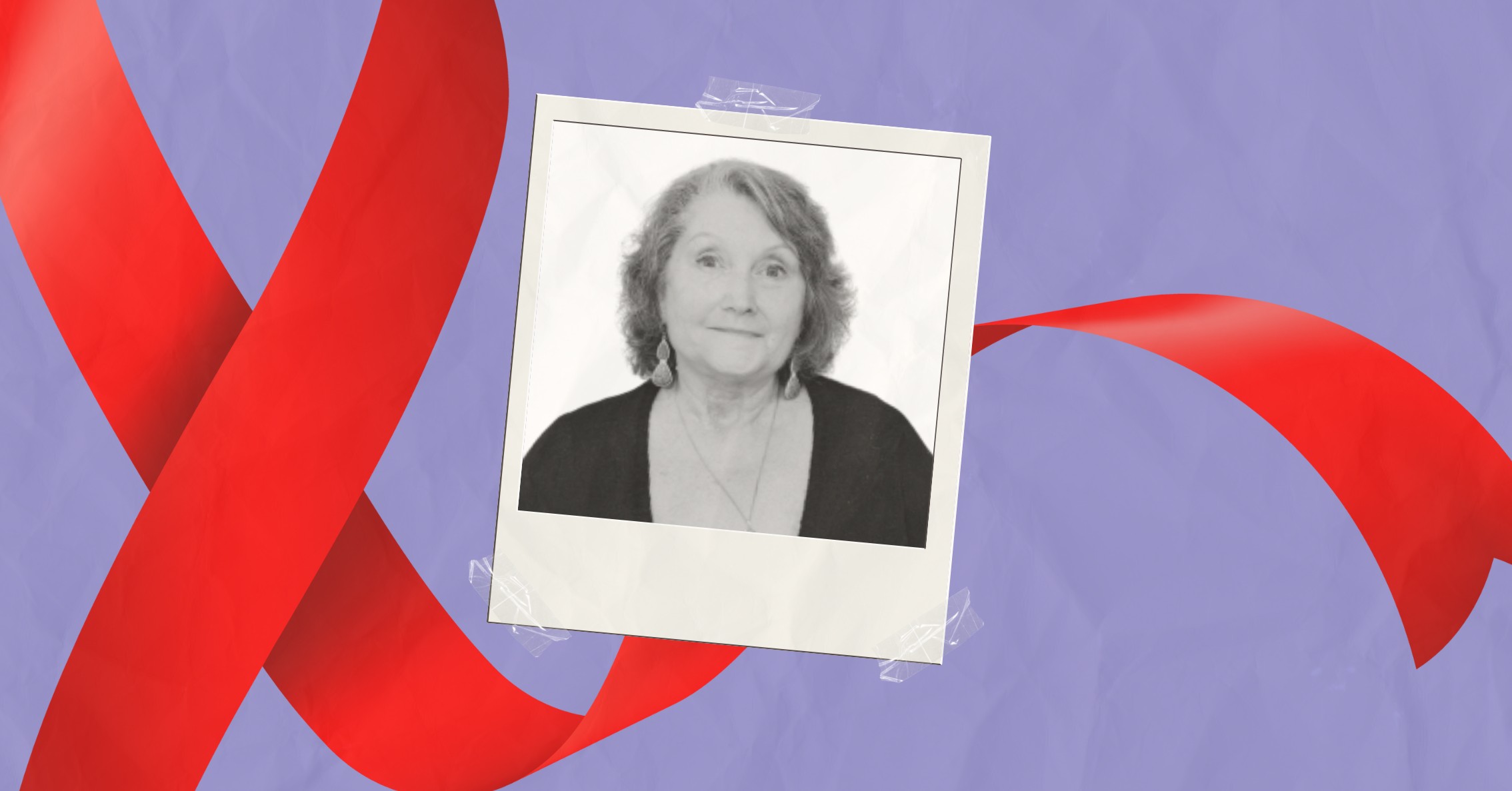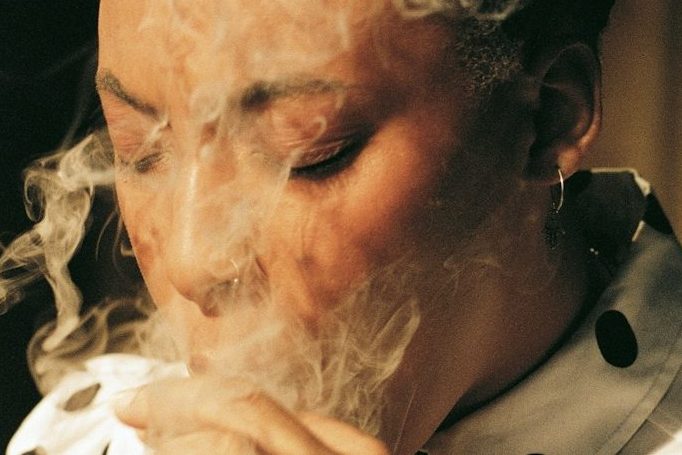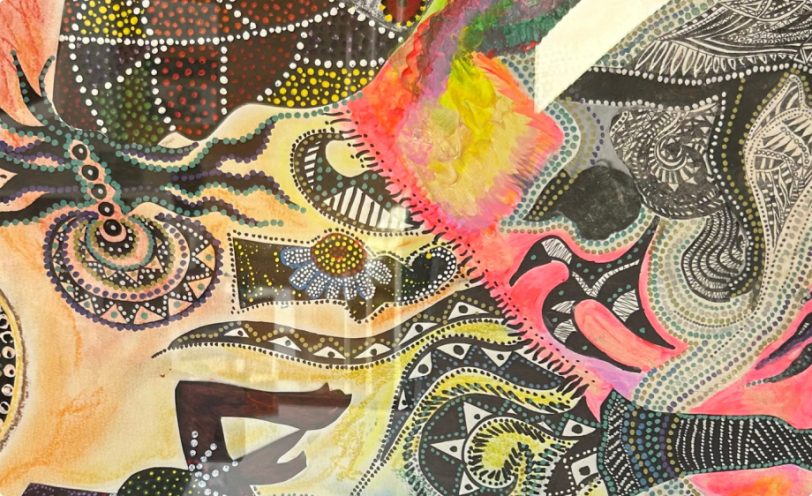A conversation with Diane Lloyd for World Aids Day
HIV
Stigma and Discrimination
Stories
Women Who Use Drugs
08 Apr 2024

Diane Lloyd is a fierce advocate for her community. Loudly and fearlessly sharing her experiences and working tirelessly for the rights of people living with HIV, specifically for people who inject drugs, as an advocate and mentor. Diane is currently a Community Development Worker at our Member Organisation Peer Based Harm Reduction WA, who she has worked with for over 14 years.
We were lucky enough to sit down with Diane and have a yarn about her experiences and advocacy to mark World AIDS day.
Interviewer: Diane, can you talk about the unique challenges faced by women living with HIV who use drugs?
Diane: Absolutely. There are a few things to consider. Firstly, the percentage of people who use drugs and have HIV is quite low. People might speculate how someone contracted HIV, but the important thing is that it doesn’t matter. In my experience, assumptions and judgments are made about how people got HIV, especially for women. There’s this idea that if a woman is ‘nice,’ she must have gotten HIV from her partner or a blood transfusion.
I used to run a support groupfor women with HIV, and some would privately tell me they got it through drug use but were hesitant to share that with the group. It’s essential to create a space where discussing how you contracted HIV is not necessary, but if it comes up, there should be no judgment. Women, regardless of how they got HIV or if they use drugs, should feel comfortable talking freely without fear.
Interviewer: What challenges do women who use drugs and are living with HIV face when diagnosed with other health concerns?
Diane: I have lived with HIV since 1986, and over time, I’ve dealt with diabetes, breast cancer, thyroid issues, and more. As you age, health issues naturally come up. One of the challenges I have faced is managing medications for these different conditions and dealing with the complications. I used to inject drugs, but I’ve had issues with abscesses and veins which made the routine blood test and blood pressure tests I needed to manage other health concerns tricky. I’ve also dealt with stigmatising comments from hospital staff in relation to my drug use, underlining the need for a more understanding approach in healthcare settings.
Stigma around drug-use has sometimes interfered with medical professionals ability to support me with the management of HIV. For example, recently I was in the doctor’s office and I’ve just got the yawns, I was yawning and yawning and yawning. And I said to him, had this been like a year and a half ago, you would thought I was hanging out, but because we
had a good and long relationship he knew it wasn’t about my drug use it was about the medication I was on for breast cancer, it made me really tired.
I’ve also had issues in the past taking HIV medication, the old pills used to be so big I couldn’t swallow them. I used to call them horse tablets. They were huge, gosh, I used to literally break out in a sweat thinking about taking them because I knew how much trouble I had swallowing them and I had to do it every day.
I felt like when the doctors would ask me why I was having issues taking my medication regularly they would attribute it to my illicit drug use and preconceptions they had about my ability as a person who uses drugs to remember to take my medication etc. Once my doctors finally understood that as long as the medication was smaller I could take it with no issues, we were fine. It was nothing to do with my drug use but stigma was a barrier to them realising that.
Interviewer: Can you share an example of everyday advocacy you do for women who use drugs and are living with HIV?
Diane: During radiation for breast cancer, I noticed an unnecessary caution note on the screen about my HIV status. It wasn’t needed, and it felt stigmatising. I spoke up, and after finishing treatment, the hospital asked me to train staff on stigma and discrimination. It was a success, and they changed the practice, removing the unnecessary alert and the processes around it. For which I was impressed by a public hospital.
Interviewer: Diane, you mentioned being diagnosed in 1986 and the lack of support for women with HIV. Can you share more about your advocacy work and the hurdles you faced?
Diane: Over the years, I’ve been quite an advocate, especially since there’s very little support for women living with HIV in Western Australia. Even today, when we organise monthly social events for people living with HIV, I’m often the only woman there. So, I want to do more to support women and address our specific needs.
In the early 1990’s I formed a peer support group for women in Perth, which was eventually taken over by the WA AIDS Council, as they are incorporated and receive funding. I am also on the Board of POWA – Positive Organisation of WA. I currently serve on the Board of NAPWHA- National Association of People with HIV/AIDS and the committee for the National Network of Women.
Currently we have 11 women on this committee from across Australia. This is fantastic as for many years it was only 5 women from across Australia that were willing to be open.
Interviewer: It’s clear that you’ve been actively involved in advocating for women with HIV. Can you speak more about the importance of having more women in these spaces?
Diane: Absolutely. It’s crucial. When I first started, there were very few women involved, and many were hesitant due to the stigma around HIV. I wanted to change that. I’ve been part of consumer groups where drug companies have HIV-positive members, and it’s great to see an equal representation of women and men. More women are now willing to talk about being HIV-positive, challenging stereotypes and making their voices heard.
Having more women in these spaces changes the conversation. Women have unique experiences, like, back in the day, being forced into hysterectomies, and having their tubes tied, this could be at a time when they were having a termination or upon diagnosis. So, I question how much would be informed consent. Some were advised against having children due to the risk of mother-to-baby transmission. These are specific issues related to women.
Interviewer: Can you elaborate on the significance of a National Day of Women Living with HIV?
Diane: It’s a day to remind the community that women also contract HIV, not just men. We don’t have many women to look up to in terms of role models who openly discuss their experiences. So, having a dedicated day allows us to showcase that women with HIV exist, and it’s not just a “gay disease”. Next year will be our 9th year, the date is 9th March. That date was chosen as it’s the day after International Day for Women.
During a HIV conference, they wanted pictures of people with HIV, and it was great to see women represented. It’s a positive shift, and more women are coming forward to talk about their experiences of living with HIV.
Interviewer: What challenges do women face in these spaces, and how can others support?
Diane: Women often face unique challenges around stigma, discrimination and being misunderstood. Others can support by being allies, understanding the unique challenges women face, and amplifying their voices. It’s essential to have a diverse representation in these spaces to create a more inclusive and understanding environment.
Diane’s journey reflects the struggles and triumphs of advocating for women who use drugs and are living with HIV, emphasising the need for continued support and awareness.
Since this interview, Diane is now working at WAAC, to re-start the women’s support group. She can be contacted on (08) 9482 0000 Thursday morning 9.00am – 12.00pm.
Diane recently received the Carol and Travis Jenkins Award at the Harm Reduction International Conference for her work advocating for the rights of people living with HIV, specifically for people who inject drugs.










